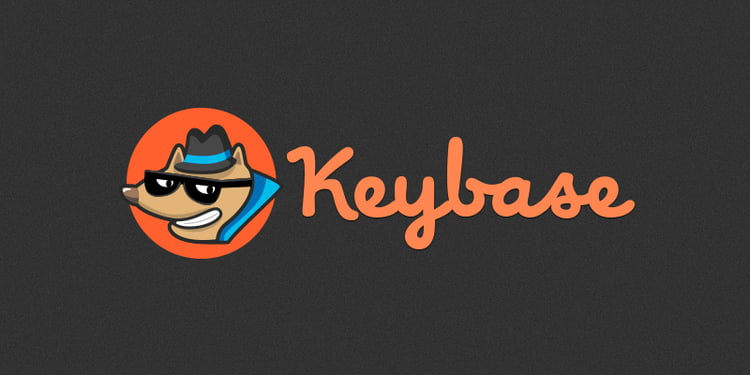
Having said all that, Keybase is an app with a very interesting concept behind it that's quite relevant to our times. Encrypted file sharing and secure chat, now easier than ever before It may be a bit frustrating to get it fully up and running, since it requires you to create an account, validate it and link various accounts to your profile - which also require you to undergo yet another "proving" procedure. Everything you need is located in the vertical toolbar on the left side of the main window, which hosts six, self-explanatory categories, as follows: Search, Folders, Chat, Devices, Settings, and Profile. Complex underpinnings, yet super-intuitive user interfaceīetter yet, it's actually fairly easy to use, mainly thanks to a modern and relatively simplistic user interface. For instance, it allows you to link your profile to other accounts such as Facebook, Twitter, Reddit, GitHub, Hacker News, and it even allows you to setup Bitcoin or Zcash addresses. For instance, you can look up people and follow them, just as you're used to doing on Facebook or Twitter, for example.įurthermore, it's perfectly capable of "mapping" your identity to your public key.

The app provides you with a secure environment for sharing files, as well as for chatting purposes, thanks to its built-in encryption features.Īnother interesting aspect is just how much this platform resembles a typical social media network. With that out of the way, let's concentrate on the basics. Encryption technology and social media structure, neatly intertwined It started life as both a command-line utility and as a web application, and now it also comes with clients, found under the same moniker, for Windows, macOS, and Linux, as well as for two of the most popular mobile platforms, iOS, and Android. More to the point, Keybase is an open-source platform, built on the model of a somewhat-basic social network, that aims to simplify the whole end-to-end encryption process and make it widely accessible, both for communication and file sharing purposes. Well, Keybase aims to have an important saying in the matter. This means you can access my public Keybase directory by replacing my username laitdebanane with (both usernames are the same, so this may not be the most impressive example).Privacy, confidentiality, cryptography are just some of the words we will be hearing more and more in the years to come, not surprising, considering our ever-so-increasing concerns regarding data security.Įven though neither the concept of data encryption and the tools around it are not especially new, one thing's for sure: using comprehensive encryption methods is not exactly something that most typical users are able to handle. For instance, I have linked my GitHub account to my Keybase account. Sometimes you want to reference a user but you don’t know their Keybase username.

Keybase also supports subteams, which means that our consultants working for Adaltas Marocco can create a adaltas.ma subteam and share files with each other in the /keybase/team/adaltas.ma/ directory. This means I can share files with everyone at the company by putting them in the /keybase/team/adaltas/ directory.

Here at Adaltas, we have our own team: adaltas. If I also wanted to share with bar, I would access /keybase/private/laitdebanane,foo,bar/. Let’s say I wanted to share a directory with the user foo, I would need to access the directory /keybase/private/laitdebanane,foo/. Keybase manages these directories seamlessly. To share a private directory with another Keybase user, you do not need to create it. $ cd /keybase/private/laitdebanane/ Shared private directories


 0 kommentar(er)
0 kommentar(er)
